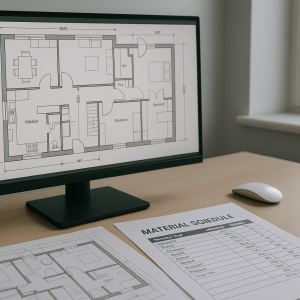Embarking on a construction project without a preliminary estimate is like setting sail without a map. This initial phase, often known as cost planning, isn’t just a static step in the project’s inception but a dynamic, ongoing process integral throughout the project’s lifecycle.
What is Preliminary Estimating?
Preliminary estimating, or cost planning, begins with the creation of an approximate budget, typically derived from cost analysis of similar completed projects. These estimates, synthesized from initial sketches and inclusive of potential expenditures at every project stage, provide a financial blueprint that guides the project from concept to completion.
Diverse Techniques in Preliminary Estimating
Conference Estimating Method
This collective approach harnesses the expertise of professionals to form a cohesive cost projection, offering diverse perspectives on potential expenditures.
Financial Methods
Understanding financing avenues is crucial. Here, financial techniques are employed to explore various financing options, helping clients secure the best possible terms.
Unit and Cube Methods
The unit method offers a quick calculation by multiplying cost per unit by the number of units. On the other hand, the cube method uses cubic measurements to account for varying story heights, providing an accurate volumetric assessment of construction costs.
Superficial Area and Story Enclosure Unit Methods
These methods calculate costs based on floor area or the volumetric size of a story, adjusting for external walls, floors, and roofing areas.
Life Cycle Cost Analysis (LCCA) and Management (LCCM)
LCCA and LCCM are vital for long-term financial planning, encompassing all costs over a project’s lifespan, from initial construction to ongoing maintenance.
The Preliminary Estimating Process Explained
From inception, through feasibility and detailed design phases, each step involves specific tasks where the cost is estimated, project viability assessed, and design proposals drafted. These stages ensure that the project adheres not only to budgetary constraints but also aligns with client requirements and industry standards.
Benefits of Preliminary Estimating
- Total Cost Estimation: Provides a comprehensive view of all expected costs before project kickoff.
- Expenditure Control: Helps manage and mitigate financial risks throughout the project duration.
- Budgeting Decisions: Empowers stakeholders in making informed financial decisions.
- Project Management: Enhances overall project execution through thorough financial planning.
Elemental Cost Planning
Elemental cost planning uses industry-standard benchmarks, applied to individual project components, to facilitate precise cost management and ensure tasks align with quality standards.
Conclusion
Effective cost planning is essential for the success of any construction project. By estimating costs, evaluating alternatives, and continuously managing finances throughout the project lifecycle, project managers can maintain control and ensure projects complete within budget and on time.
Frequently Asked Questions about Preliminary Estimating
What is preliminary estimating in construction?
Preliminary estimating is the process of forecasting the expenses involved in a construction project, serving as a financial roadmap from start to finish.
What are some common methods used in preliminary estimating?
Common methods include the Unit, Cube, and Superficial Area methods, each catering to different aspects of cost estimation based on project specifics.
Why is the Cube Method particularly important?
The Cube Method provides an accurate estimate by taking into account the volumetric differences due to varying story heights, crucial for large-scale constructions.
What role does LCCA play in construction projects?
LCCA helps in assessing all costs associated with the lifespan of a project, aiding in selecting the most cost-effective options and managing future expenses.
How does elemental cost planning benefit a construction project?
It helps in aligning project components with industry cost standards, ensuring that every aspect of the project meets quality and budgetary benchmarks.











